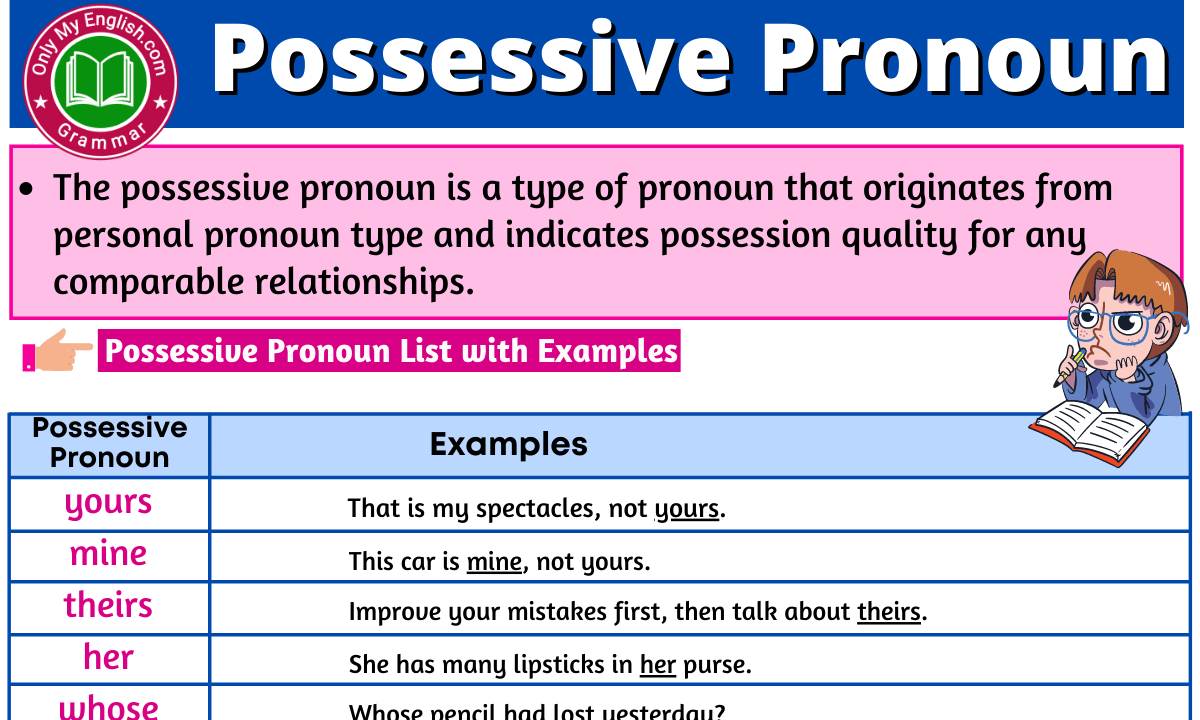

The same of course applies to “her and I” and “them and I”.

So even though “Him and I” are grammatically incorrect, because it’s commonly used, you can say it without raising any eyebrows. Words and phrases that are used often, and understood by most people are deemed to be “correct”. Whilst we’ve spoken about the rules and logic, these are not what determine language. However, there is quite an interesting twist to all this. However, you would say “They went to lunch”.įor this reason, it’s okay to say “They and I” but not “Them and I”.Īnd once again “They” and “I” are both subjects, with lunch being the object. You would have to say “I went to lunch with them”. When you’re talking about groups of people (regardless as to how many people from each gender), you can follow the same rules. The subjects are “He” and I”, the action is going to, and the object is lunch. What’s interesting about this sentence is that it has two subjects, “he” and “I”. If you want to say “me” the sentence should be “He went to lunch with me”. Unless you’re the Incredible Hulk, you would say “I went to lunch”. Would it make more sense to say “I went to lunch” or “me went to lunch”? And work out which sentence would make more sense. You can use this same method to figure out why you should be saying “I” rather than “me”. To use “him” you would need to change the sentence to “I went to lunch with him”. He is the one who is performing the action (going to lunch). Would you say “He went to lunch” or “Him went to lunch”? Of course, you would say “He” as he is the subject. If you remove the phrase “and I”, you can figure out which one makes more sense. He!Īnd you can tell by following these rules. The answer to the question you want to know is…. He and IĪnd that leads us to the title of the article.

But that’s just the way the English language is. It can be confusing to think that we have different words for the same thing when we’re talking about objects or subjects. You are the actor, adoration is the action, and he is the person who is being acted upon. You might also say the phrase “I adore him”. “I” is the subject as you’re the one performing, but “he” is the object, as he’s the one who’s being acted upon. That’s why we say that some people can be “objectified” as they’re acted upon rather than acting themselves. Just so we clear up any confusion subjects act, but objects are acted upon. And “me” is the object as you’re the one who is having the action performed upon you. Similarly, when you use the word “he” you’re using it as a subject.īy saying “he went to lunch with me”, the subject is “he” as in this sentence “he” is the one performing the action. You can reverse the roles of the subject and the object by changing it into “I was licked by the dog”. “The dog licked me” is using the dog as the subject (the one who performed the action) but “me” as the object (the one who was acted upon). That’s because “I” is a subject but “me” is an object. One other interesting factor of the phrase “him/he and I” is the use of the word “I” rather than me. Watch the video: Only 1 percent of our visitors get these 3 grammar questions right.


 0 kommentar(er)
0 kommentar(er)
